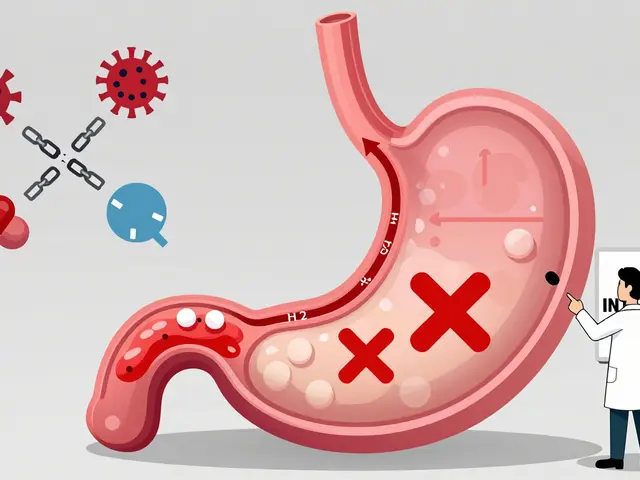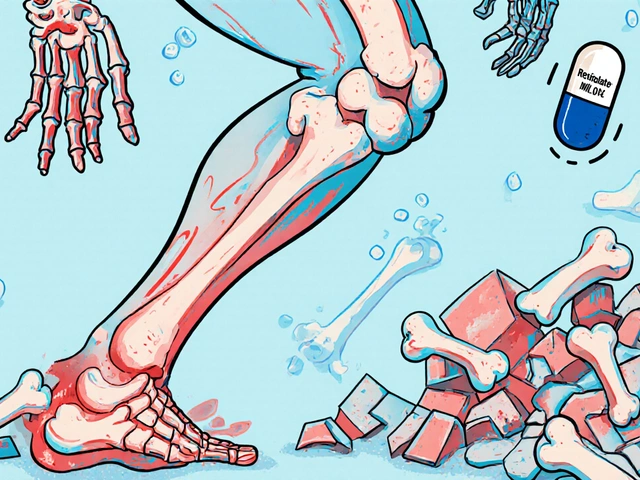Travel Tips to Keep Your Health in Check
Going somewhere new is exciting, but it can also mess with your health routine. Ever missed a dose because you forgot your pill bottle at home? Or taken a medication that reacts badly with the local water? Those little hiccups turn into big problems fast. Below are real‑world tricks to stop health headaches before they start.
Pack Your Meds Like a Pro
First thing: make a medication checklist. Write down every prescription, over‑the‑counter drug, and supplement you need. Put the list in your carry‑on, not in checked luggage, so you can reach it if the bag gets lost. Keep pills in their original packaging with the label visible – airline security loves that, and you’ll avoid confusion abroad.
If you travel internationally, check whether your meds are legal in the destination country. Some antibiotics, steroids, or even certain birth‑control pills need a special permit. A quick visit to your local pharmacy or a call to the embassy can save you from a busted suitcase at customs.
Know Where to Get Safe Pharmacy Help Overseas
Even the best‑prepared traveler can run out of meds. When that happens, don’t just grab anything off a street stall. Look for pharmacies that require a prescription and display a valid license. In many places, online pharmacies like qualityprescriptiondrugs.com are vetted by health authorities. If you need a refill, ask the pharmacist for a copy of your prescription so you can order from a trusted site if you’re back home.
Keep a digital copy of your doctor’s note and prescription on your phone. That way, a local pharmacist can verify your dosage without you having to hunt down paper records. It also helps with insurance claims if you have travel coverage.
Now, let’s talk about common travel health mishaps and how to dodge them.
Dehydration and jet lag are the most common foes. Carry a reusable water bottle and sip throughout the flight – the cabin is dry. Use a sleep mask and earplugs to reset your internal clock faster. If you’re prone to migraines, pack a small bag with your usual pain reliever and a cold pack.
Sunburn and insect bites can ruin a vacation in minutes. Apply broad‑spectrum sunscreen every two hours and wear long sleeves if you’re in a tropical climate. For bugs, a simple DEET‑based spray or a permethrin‑treated shirt works wonders. If you develop a rash or fever, don’t self‑diagnose – local clinics can test for diseases like dengue or Zika.
Finally, make a “what‑if” plan. Write down the nearest hospitals, urgent‑care centers, and your insurance phone number. Store this info on a piece of paper in your wallet and also in your phone’s notes. Knowing where to go saves panic and precious minutes if something goes wrong.
Travel should be about new experiences, not medical emergencies. Follow these practical steps, keep your meds organized, and you’ll enjoy the journey with peace of mind. Safe travels!
Angina and Safe Travel: Practical Tips for Healthy Journeying with Chest Pain
Practical advice and real-life tips for traveling safely with angina, covering medication management, travel planning, diet, and how to handle emergencies.
View More




